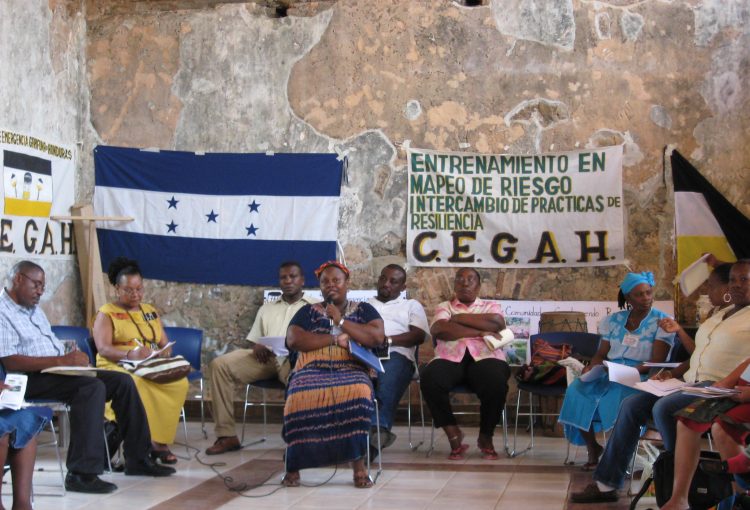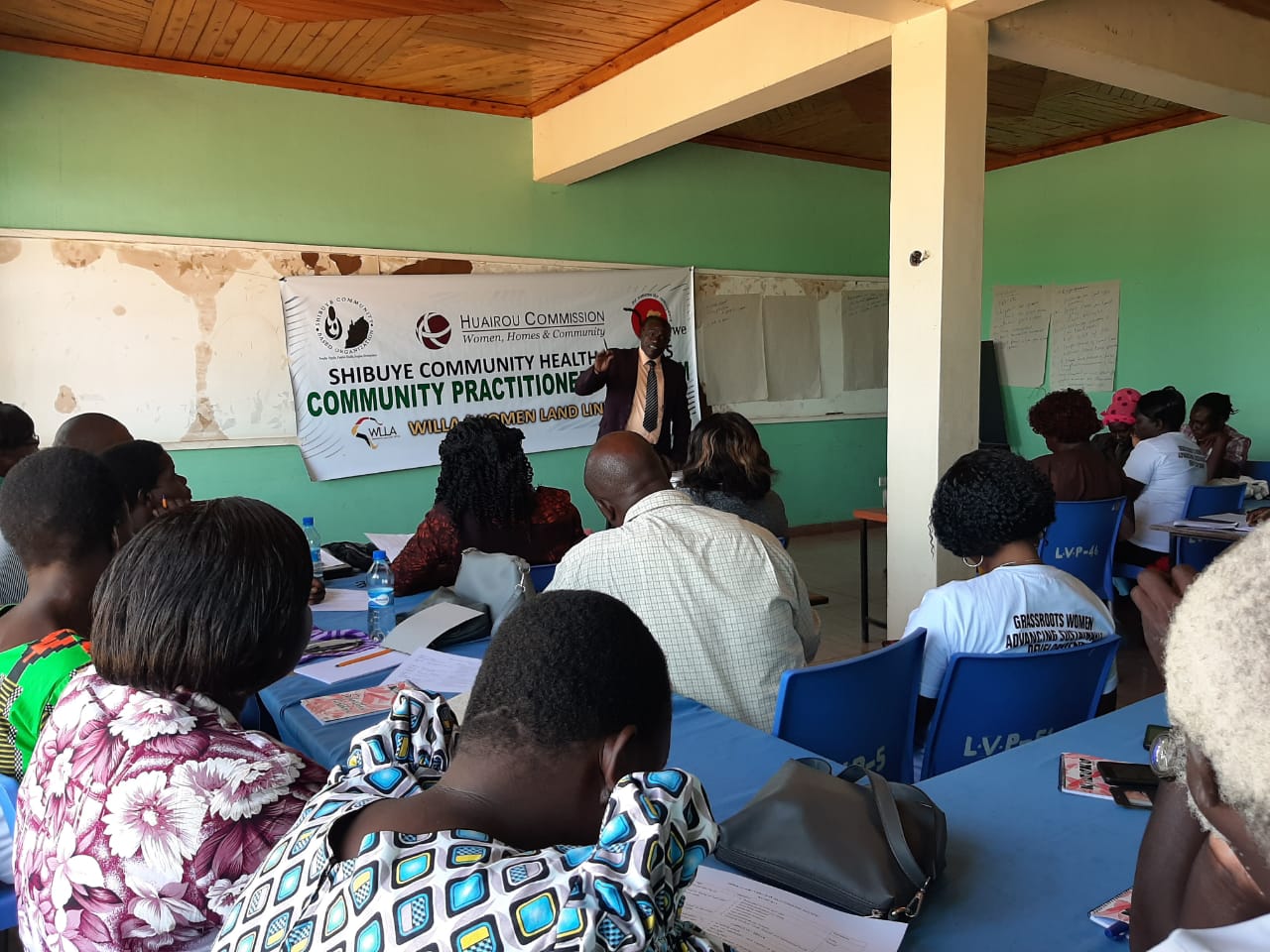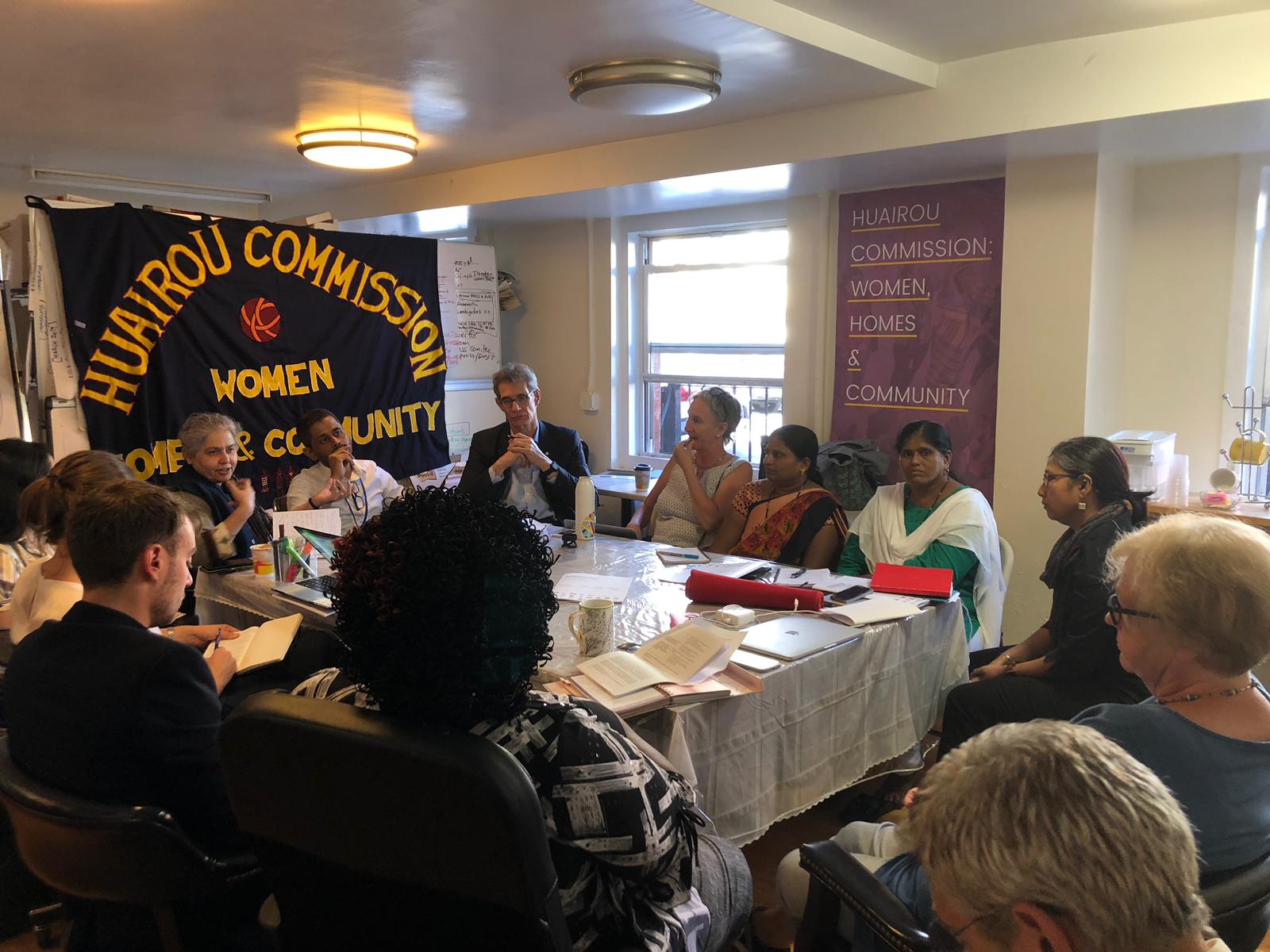Local governance is the decision-making space closest to the people. It enables people to have access and engage with public authority and institutions on questions of local development, such as access to basic services, community infrastructure improvements, or fulfillment of rights and obligations of both – residents and local authorities.
Although women make up more than half the population in most countries, they continue to be excluded in public decision making. Following the 2018 Global World Mayors research, only around 20% of mayor seats were held by women, illustrating the gap between women’s leadership at the community level and their representation in decision-making positions.





